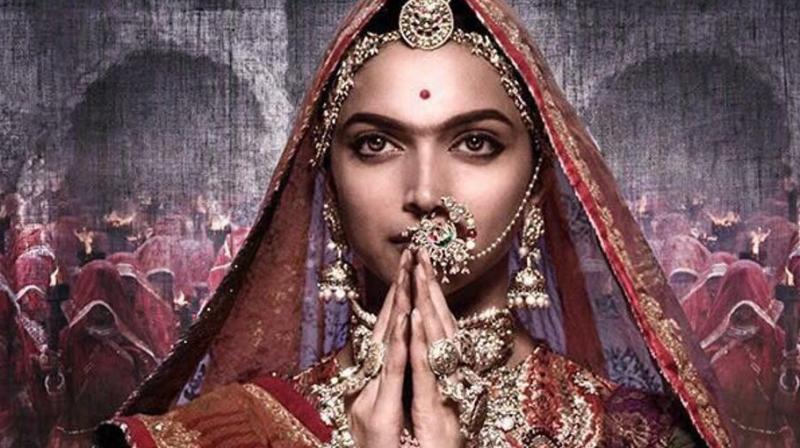Why films on historical characters, real-life persons stir controversies galore

Earlier this week, the former royal family of Jaipur opposed the release of Sanjay Leela Bhansali’s Padmavati. With the release of the film fast approaching, it seems like its troubles are far from over. After objections and even protests from the Rajput Karni Sena and a Brahmin group, the former royal family of Jaipur is the next hurdle for the filmmakers.
In a statement, former princess Diya Kumari said that no film should hurt the sentiments of a community by “twisting historical facts”.
The film industry witnesses such incidents often. The release of every other film based on a historical character or a real life person is met with threats. Families, extended families and people belonging to the same community more often than not raise objections to the film. During the shooting of Padmavati, troublemakers even went to the extent of vandalising the film’s sets in Kolhapur. Earlier this year, Madhur Bhandarkar’s Indu Sarkar, which was based on the Emergency era, also faced flak. So much so that the director covertly hinted at certain political factions having issues with the film. Soon afterwards, a woman claiming to be Sanjay Gandhi’s daughter approached the Central Board of Film Certification, against certifying the film.
Director Hansal Mehta’s theory for this is that attacking the film fraternity is easy. “People are publicity hungry, and acts like these are nothing more than just gaining some mileage,” he begins. “There is no passion involved in any of these things — not that they are passionate about certain issues or even remotely care about them,” he continues. The director, who is now busy working on Bose: Dead or Alive with Rajkummar Rao adds. “It’s the easiest thing in the world for someone to gain their two minutes of limelight,” he rues.
Comedian Anuvab Pal talks about having a similar discussion with Ashim Ahluwalia regarding the latter’s directorial venture Daddy, which was based on the life of gangster Arun Gawli. “When you are writing about a historic character, that’s fine, but what if you are writing about a gangster who is alive and even has men on the streets?” he asks, adding that here’s where self-censorship comes into the picture. “The question then is should you portray the gangster in a positive light or should you just stick to facts and show him for who he is. But then again, threats are imminent,” he shrugs.
One argument that comes up via this discussion is that of freedom of speech. But director Ketan Mehta, who’s currently working on a project based on the Rani of Jhansi, thinks that a situation like this leaves the freedom of speech argument null and void. “Going by this, every person is going to have a problem with a film being made or a story being written. What are we to do then?” he questions.
And rightly so. Hansal thinks it is difficult to take these people, who resort to threatening, seriously because they refuse to follow the legal framework.
“Whatever issue one has with a film, they could approach the law with their problem. The film fraternity has a governing body (CBFC) that will look into their issues, if any,” he concludes.
Anuvab, however, thinks that all these protests and threats happen because the audience isn’t equipped to handle creative complexities. “The country has a very idealist, flawless image of how a hero should be,” he begins, adding that there are no grey areas with heroes — they have to be all positive. “The audience wants their heroes pristine.”

